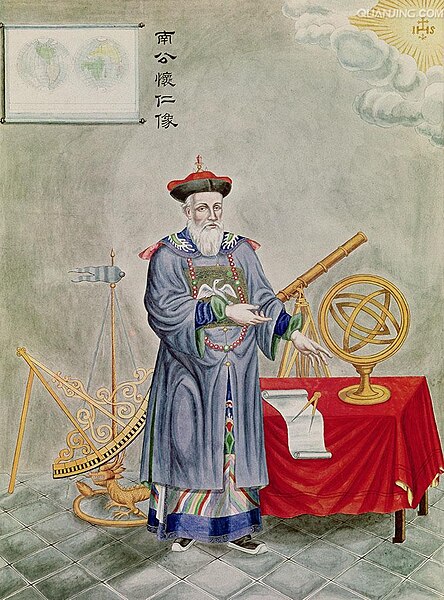Johannes Kepler was a German astronomer, mathematician, astrologer, natural philosopher and writer on music. He is a key figure in the 17th-century Scientific Revolution, best known for his laws of planetary motion, and his books Astronomia nova, Harmonice Mundi, and Epitome Astronomiae Copernicanae, influencing among others Isaac Newton, providing one of the foundations for his theory of universal gravitation. The variety and impact of his work made Kepler one of the founders and fathers of modern astronomy, the scientific method, natural and modern science. He has been described as the "father of science fiction" for his novel Somnium.
Portrait by August Köhler, c. 1910
Kepler's birthplace, in Weil der Stadt
Portraits of Kepler and his wife
House of Kepler and Barbara Müller in Gössendorf, near Graz (1597–1599)
An astronomer is a scientist in the field of astronomy who focuses their studies on a specific question or field outside the scope of Earth. They observe astronomical objects such as stars, planets, moons, comets and galaxies – in either observational or theoretical astronomy. Examples of topics or fields astronomers study include planetary science, solar astronomy, the origin or evolution of stars, or the formation of galaxies. A related but distinct subject is physical cosmology, which studies the Universe as a whole.
A voting session is conducted in 2006 International Astronomical Union's general assembly for determining a new definition of a planet
Galileo is often referred to as the Father of modern astronomy. Portrait by Justus Sustermans.
Johannes Kepler, one of the fathers of modern astronomy
Portrait of the Flemish astronomer Ferdinand Verbiest who became Head of the Mathematical Board and Director of the Observatory of the Chinese emperor in 1669







